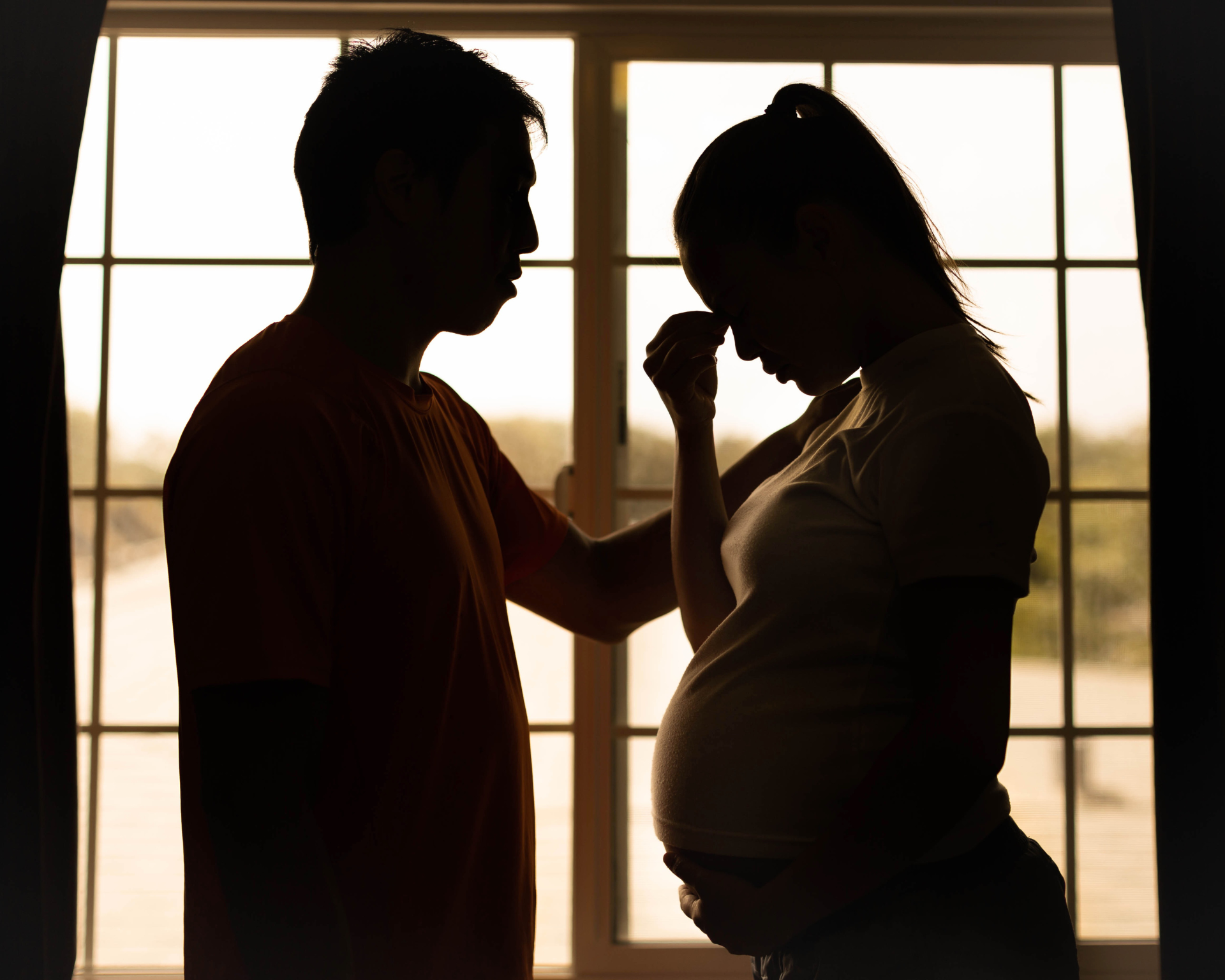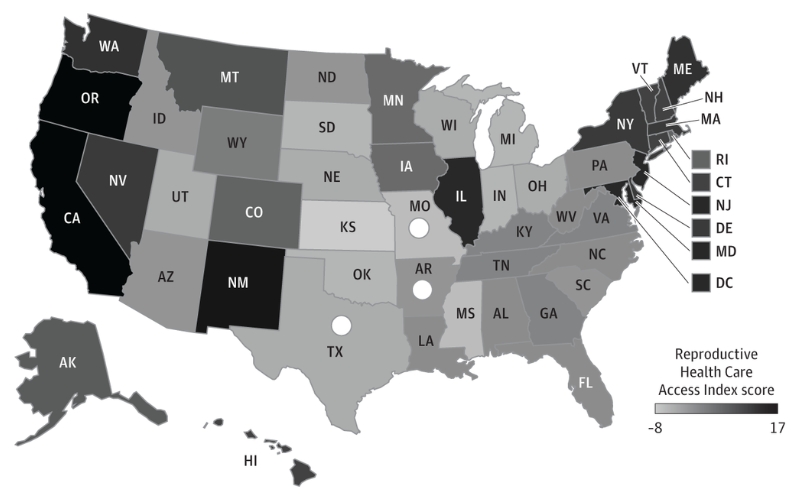Pregnancy, Divorce, and the Dangerous Gaps in State Laws
Restrictive divorce laws in some states not only fail to protect pregnant individuals but may also actively contribute to harm.

Read Time: 2 minutes
Published:
Gypsy-Rose Blanchard’s life—from her traumatic upbringing, imprisonment, and marriage—has captivated the public and turned her into a media sensation. Tabloids have covered many aspects of her life since her release last December, including her public struggle to finalize her divorce from her now ex-husband. Blanchard lives in Missouri, a state that does not allow couples to finalize a divorce during pregnancy, regardless of paternity. And her newborn daughter is the child of her new boyfriend, not her former husband, complicating the divorce proceedings.
The publicity surrounding Blanchard’s divorce has sparked broader discussions about the impact of state divorce laws on pregnant women’s well-being. Advocates have leveraged her case to highlight the stories of women in Missouri and other states where restrictions on finalizing divorces while pregnant still exist.
Such legal and systemic barriers carry dire consequences for women who may be survivors of domestic violence. In the worst cases, violence may lead to homicide—the leading cause of death for pregnant women in America. The ability to divorce while pregnant and access to reproductive health care are critical factors in protecting women’s health and safety.
Kaitlin M. Boyle and peers analyzed state pregnancy-related homicides from 2018-2021 to assess how state divorce laws and reproductive care influence pregnancy-related homicide rates.

The map above depicts reproductive health care access scores across the U.S. Boyle and colleagues characterize access in terms of abortion restrictions and expansive health care policies, like Medicaid expansion and protections for minors. The lightest shade on the map represents the worst access, while the darkest shade indicates the best.
The white circles identify Arkansas, Missouri, and Texas as the three states that prohibit finalizing divorce during pregnancy, and all have limited reproductive health care access. Other states with poor reproductive health care access, such as Arizona, are also known to delay finalizing divorce due to pregnancy. Restrictive divorce laws not only fail to protect pregnant individuals but also may actively contribute to harm.
The researchers advocate for policy reforms to eliminate barriers for women seeking divorce during pregnancy. Meanwhile, public communication can help inform women of the obstacles they may encounter when trying to leave a dangerous situation.



